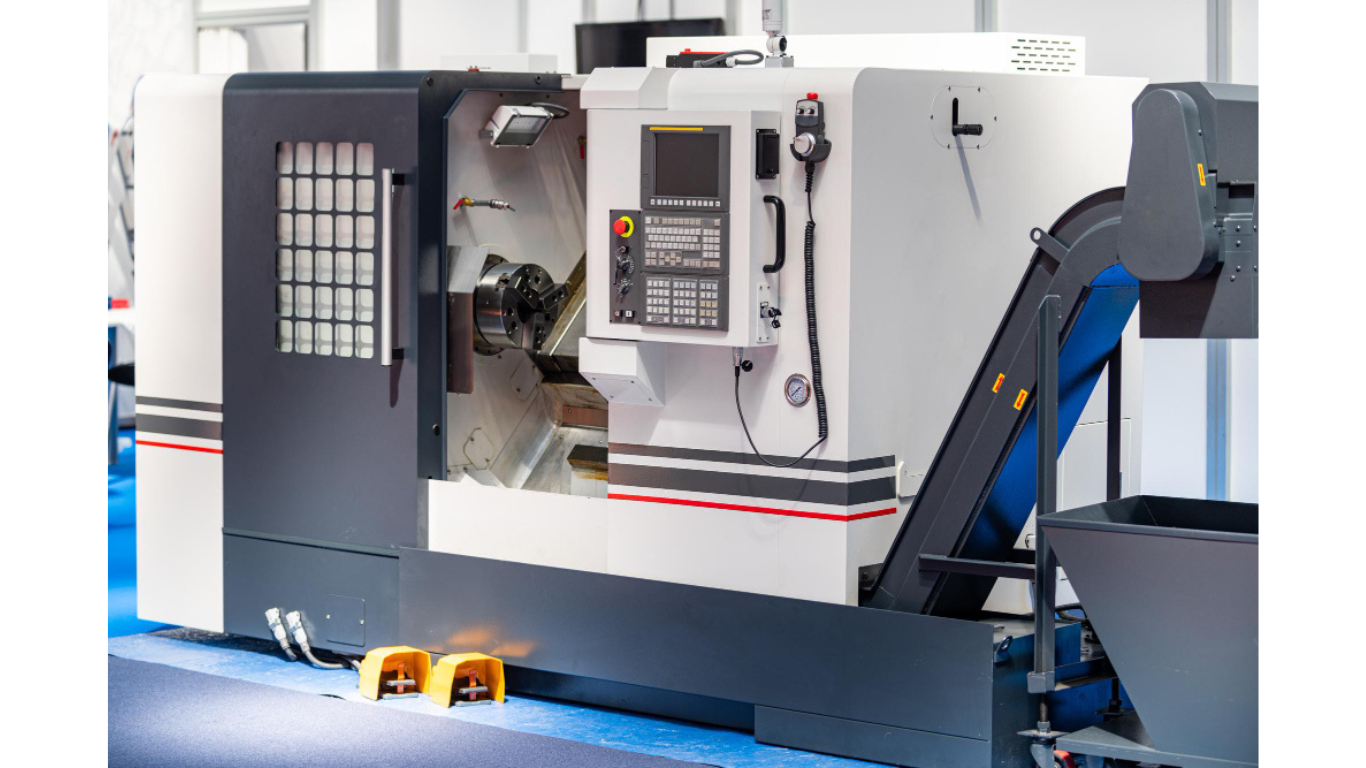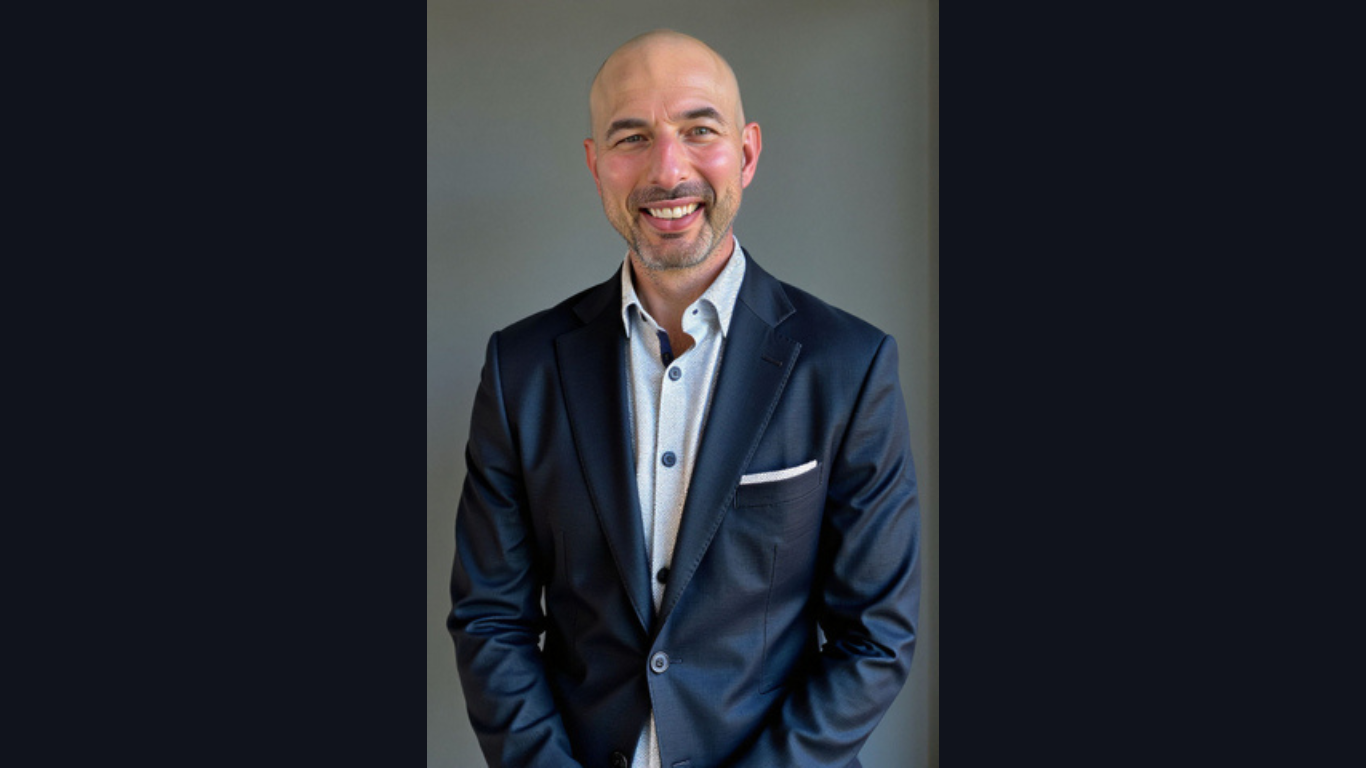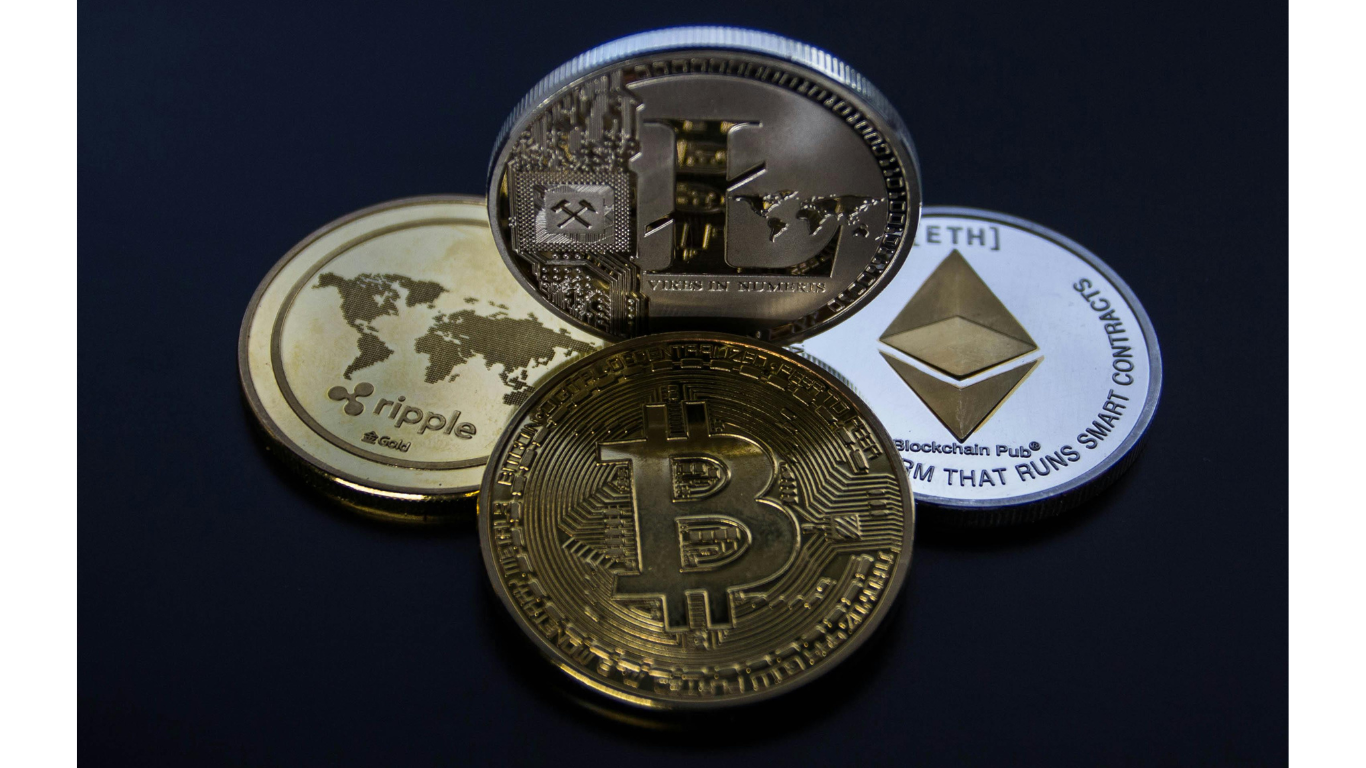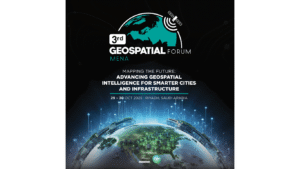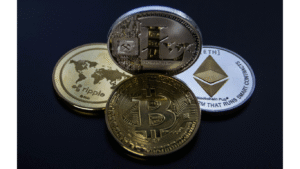Introduction: The Quiet Standard That Shapes the World
The world rarely notices the tiny tolerances that keep planes safe, medical devices reliable, or energy systems efficient. Yet behind these everyday miracles lies a discipline that refuses to accept “close enough.” Precision engineering, once a niche skill for aerospace or defense, is now becoming the expectation across global industries.
The stakes are high. A fraction of a millimeter can determine whether a component lasts years or fails within months. As supply chains stretch across continents and industries demand products that are lighter, stronger, and smarter, precision has moved from being a competitive advantage to being the benchmark.
This shift is not simply technical. It reflects a deeper change in how industries define quality, reliability, and trust in a world where margins for error continue to shrink.
Where Assumptions Fall Short
Many companies still cling to the idea that “good enough” manufacturing will keep them competitive. They might assume that small flaws will go unnoticed, or that scaling quickly matters more than refining accuracy. This thinking, however, often creates hidden costs.
Consider a medical implant designed with slight imperfections. Those tolerances might seem negligible in production, but inside a patient’s body they could mean discomfort, risk of rejection, or expensive recalls. Similarly, a turbine blade produced with tiny surface inconsistencies may cut efficiency by fractions of a percent. Scaled across a fleet of engines, the financial loss is staggering.
Emerging technologies have intensified the pressure. Additive manufacturing, for example, enables complex geometries that traditional methods cannot achieve. Yet without precision, those same designs risk becoming fragile or unreliable. Tools like the industrial 3D metal printer are redefining what is possible, but they also expose how unprepared traditional quality-control mindsets can be.
The trap is clear: treating precision as optional in a marketplace where it has quietly become essential.
Seeing Precision as a Strategic Language
What if we viewed precision not as a cost but as a language of trust? When a company demonstrates it can deliver products that meet exacting standards, it signals more than technical skill. It communicates reliability to regulators, safety to end-users, and commitment to long-term partnerships.
Think of global industries such as aviation, renewable energy, or healthcare. Each relies on systems in which failure is not an option. Precision engineering provides the invisible assurance that allows innovation to scale safely. A new aircraft design only inspires confidence if every rivet and blade performs as promised.
Beyond function, precision creates efficiency. Components that fit perfectly last longer, waste less material, and reduce maintenance costs. In a climate-conscious world, that durability translates into sustainability. Precision thus becomes a driver of both profitability and responsibility, reshaping how businesses compete and how industries grow.
The Layer We Often Overlook
There is also a cultural dimension to precision. Societies often measure progress through speed or scale, yet history suggests mastery of accuracy has been just as defining. From clockmakers who reshaped trade to microchip manufacturers who sparked the digital age, precision has repeatedly marked turning points in human advancement.
Seeing it this way, the rise of precision engineering is not merely about machines. It reflects a broader moment when industries acknowledge that true progress depends as much on discipline as it does on imagination.
Closing Thoughts: The Smallest Details, the Largest Impact
Precision engineering may never dominate headlines, but its influence is everywhere. From the energy grids that power cities to the medical devices that sustain life, it defines whether the technologies of tomorrow can be trusted today.
The challenge for global industries is not simply to keep pace with precision but to embrace it as the foundation for innovation. Perhaps the most lasting question is this: in a world that celebrates disruption, how much of the future will be decided by those willing to perfect the details others overlook?
Article received via email


